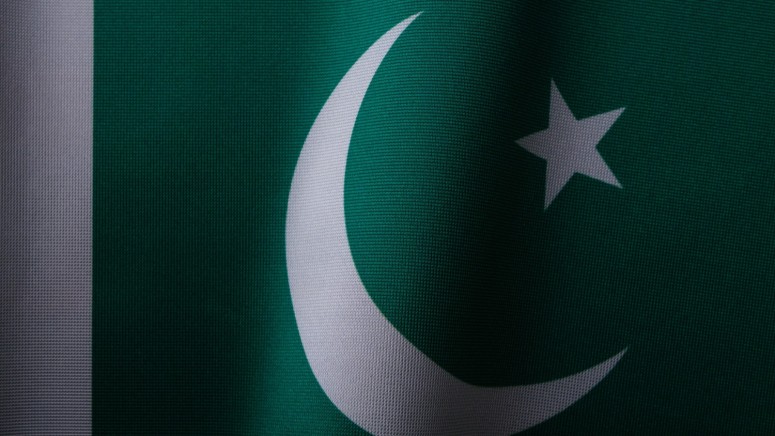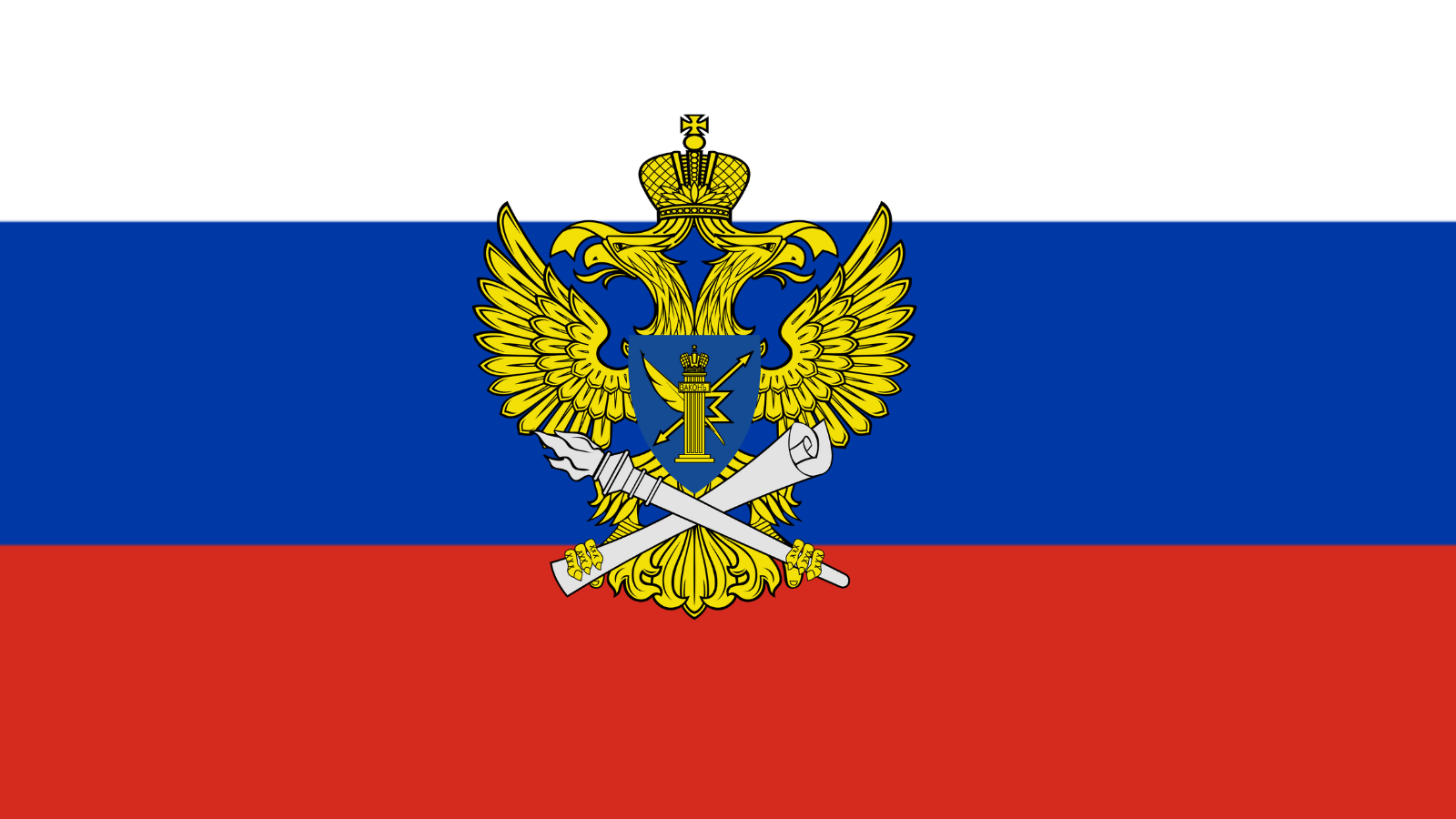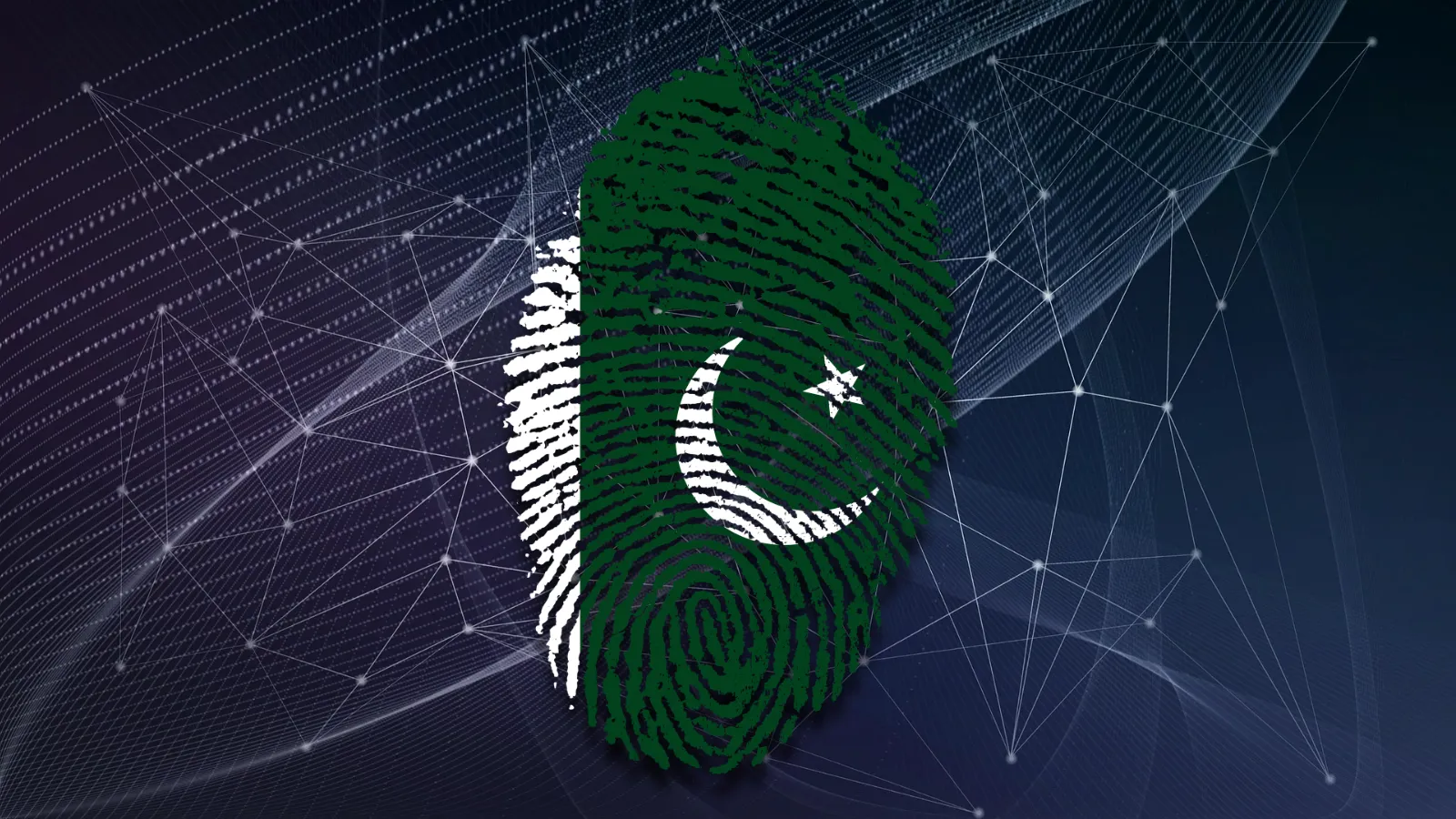
Pakistan’s Government Blames VPNs for Reduced Internet Speeds Country-Wide
- Many digital services and apps have been difficult to access in Pakistan in the last few weeks.
- The country’s IT minister blames VPNs for causing country-wide slowdowns.
- There are indications that Pakistan is moving towards blocking VPNs.
During the last couple of weeks, numerous Internet users in Pakistan have been reporting unusually slow Internet speeds. Some services, such as WhatsApp, were increasingly hard to access and use on mobile data and even via broadband, making media exchange nearly impossible. As per the country’s IT minister, the root of these issues is the use of VPNs, which are most often used to bypass local networks.
Pakistan’s IT minister, Shaza Fatima Khawaja, first noted that the state hasn’t shut down the Internet or slowed it down. Then, she continued to note that a large segment of the population has turned to VPNs due to issues with accessing specific services and apps.
More precisely, as per Ms. Khawaja’s words, when a large number of people use VPNs to bypass local content restrictions, that action “puts additional pressure on the system and ultimately slows down the Internet.” In theory, that could be true, but only in some very specific situations. That said, if the reasoning is correct, that would mark the first time VPNs were used on such a wide scale to affect a region’s Internet access.
In the meantime, IT experts from Pakistan have been warning of the country’s intention to implement stricter data filtering and increase digital surveillance. Ms. Khawaja added that “there will be some controls to prevent threatening and defamatory content against the state and individuals,” without mentioning whether those measures would be implemented in the form of a country-wide firewall.
Pakistan’s IT minister also mentioned that the government plans to auction 5G spectrums early next year, bringing faster and more affordable Internet access. She also noted that four new Internet cables are being laid, connecting Pakistan to the Gulf and Africa, which should bring faster and more stable Internet access.
We’re yet to see whether VPNs are actually to blame for the situation in Pakistan. However, we’ll remind you that the country’s authorities have recently mentioned the possibility of regulating VPNs by approving individual providers. That move would affect more than 41 million VPN users in the country.
The fate of VPNs in Pakistan seems uncertain, but most can still bypass Web restrictions, no matter how technically complex those restrictions might be. Top-rated VPNs for Pakistan come with obfuscation, which will become crucial in the future if you plan on opening up your access to the Web.












